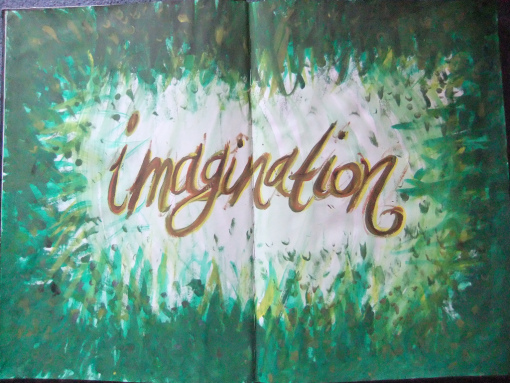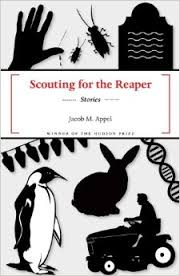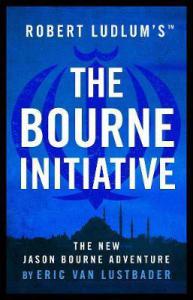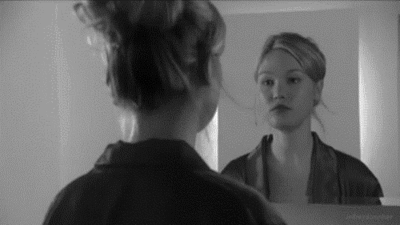
These days, I am immersed in several pieces of literature, three of which have uncanny connections to the current socio-political atmosphere.
Having just finished analyzing To Kill a Mockingbird with my English 101s, I am struck again by Lee’s portrayal of a culture on the cusp of change, of the willful ignorance of a people deeply entrenched in their own social privilege and power. I want to keep aware of the book’s faults when it comes to teaching a diverse body of students in the 2000s: Atticus as the white savior, the fact that it’s yet another white child’s coming of age story, the use of the n-word (even in the context of the story). Still, I think it’s a powerful tool for helping 14- and 15-year-olds understand not only the history of systemic racism in our country, but also the social context, of how people deliberately ignore the imbalances of privilege and power. I want them to make the connection to ourselves, to explore how systems of privilege and power still affect the ways in which we see ourselves and others today. Sometimes I feel as though I am teaching three books at once: it’s literature, it’s history, it’s social commentary.
In another class, we’re finishing up an exploration of Julius Caesar. Again, I keep feeling an uncanny connection to the politics of today–not the assassination bit, of course, but the ways in which the powerful act for their own ambition while saying they work for the good of the country, the ways in which the mob can be manipulated to do the will of those who have power.
At home, we are reading Harry Potter and the Goblet of Fire. We just read the bit about the Death Eaters who attacked and terrified and mortified a family of Muggles after the Quidditch World Cup. All I could see, as the boys and I were talking about it, was young men marching through Charlottesville with torches. It’s the same story, really, about people dehumanizing those who are not like them, drunk on their own social power, using fear and threats to intimidate. Each time I re-read her books, I am more deeply aware of how Rowling understands social systems, how she portrays systemic injustices even as she’s creating a magical world. I’ve often thought that young people ought to be required to read Harry Potter and the Order of the Phoenix. The student resistance at Hogwarts resembles the European resistance movements in World War II. What do you do when your own governing structures have been infiltrated by Death Eaters? I am more aware than ever now how Rowling began setting up the complex social and political systems even in the early books.
Stories will save us, if we let them. We choose the stories we follow, like we choose the voices we listen to. Of course, stories can be misused, if we abdicate our responsibility to think and question and process because we rely on the tired plots we know, if we simply let the old stories keep telling us, if we refuse to participate in the creation of the new story. Still, stories can be dangerous to the status quo, making us question our roles, helping us to identify more clearly who we want to be in the current plot, offering us maps and possibilities so that we can take the current where it serves us.
Satuday’s Musings:
“In such ugly times, the only true protest is beauty.” —Phil Ochs
***
“The sense-making in poetry is about getting behind the brain. A poem is a door. Sometimes poets make sturdy, locked, exclusive club doors that you can only enter if you are one of ‘us,’ or if your can speak (or pretend to know) the password. A really good and satisfying poem is an open and inviting doorway that frames the view in a particularly compelling way. ‘Look!’ it says. ‘Stand and stare. Take a deep breath. Then tell me what you see.’
“Good poetry, I think, holds a paradoxical perspective on language itself: it acknowledges the inadequacy of words to completely map an inner geography, and it also steps with reverence and awe into the sacred space that language creates between writer and reader. Words are both inadequate and holy.” —Beth Weaver-Kreider, 2014
***
“Where does despair fit in? Why is our pain for the world so important? Because these responses manifest our interconnectedness. Our feelings of social and planetary distress serve as a doorway to systemic social consciousness. To use another metaphor, they are like a “shadow limb.” Just as an amputee continues to feel twinges in the severed limb, so in a sense do we experience, in anguish for homeless people or hunted whales, pain that belongs to a separated part of our body—a larger body than we thought we had, unbounded by our skin. Through the systemic currents of knowing that interweave our world, each of us can be the catalyst or “tipping point” by which new forms of behavior can spread. There are as many different ways of being responsive as there are different gifts we possess. For some of us it can be through study or conversation, for others theater or public office, for still others civil disobedience and imprisonment. But the diversities of our gifts interweave richly when we recognize the larger web within which we act. We begin in this web and, at the same time, journey toward it. We are making it conscious.” —Joanna Macy
***
Why Are Your Poems So Dark?
by Linda Pastan
Isn’t the moon dark too,
most of the time?
And doesn’t the white page
seem unfinished
without the dark stain
of alphabets?
When God demanded light,
he didn’t banish darkness.
Instead he invented
ebony and crows
and that small mole
on your left cheekbone.
Or did you mean to ask
“Why are you sad so often?”
Ask the moon.
Ask what it has witnessed.
Gratitude List:
1. Sunshine
2. Story
3. Sleep
4. A clean house
5. A blue true dream of sky
May we walk in Radiant Beauty!
Advertisements Share this:- More





